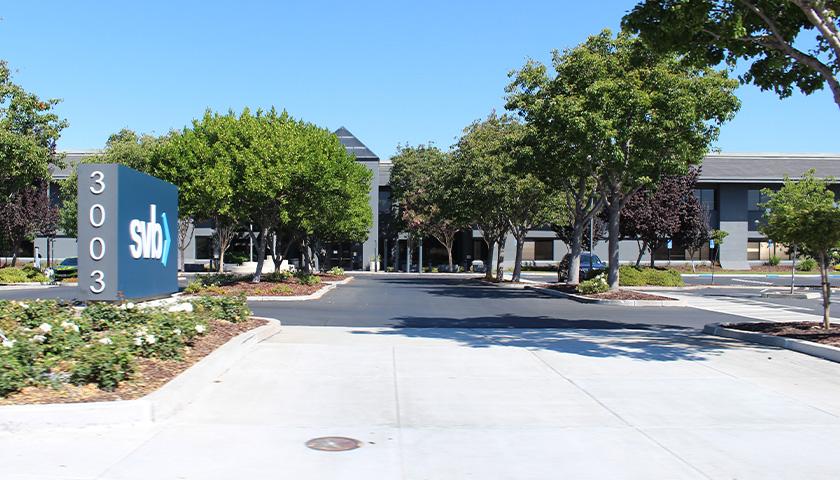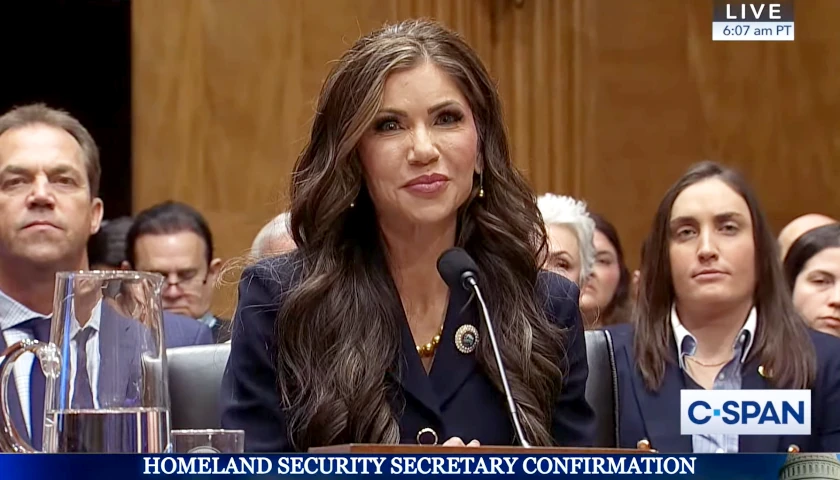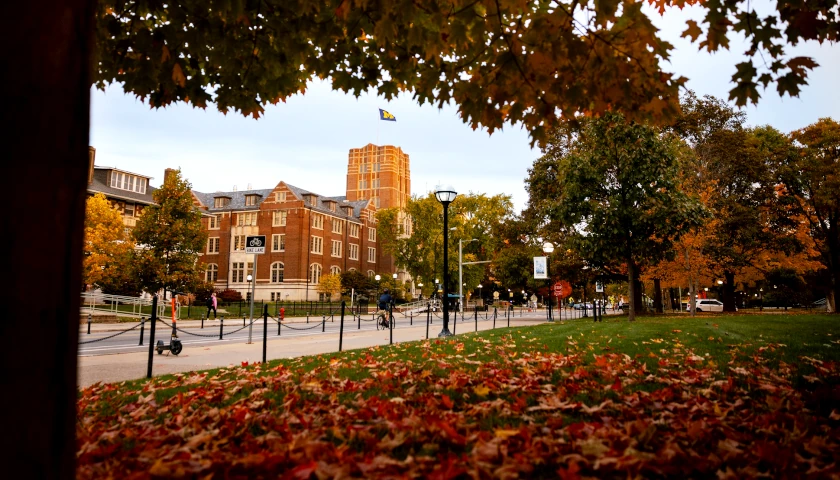by Jason Cohen
The Federal Deposit Insurance Corporation (FDIC) plans to release a proposal to replenish funds spent bailing out depositors of Silicon Valley Bank (SVB) and Signature Bank in March by charging fees to banks with over $10 billion in assets, according to people familiar with the matter who spoke to Bloomberg.
The smallest lenders with under $10 billion in assets would be exempt from these fees, according to the sources who spoke to Bloomberg. There were over 4,000 banks beneath that threshold at the end of 2022; however, there were 145 banks between $10 billion and $250 billion in assets, according to FDIC data.
The Deposit Insurance Fund, which the FDIC uses to cover depositors, was depleted by an estimated $22.5 billion when combining the bailouts of SVB and Signature, according to a statement by FDIC Chairman Martin J. Gruenberg. The FDIC estimated that roughly $19.2 billion of that total was attributable to the cost of covering uninsured deposits due to fears that the banks’ failures posed systemic risks to the financial sector.
 Certain banks with up to $50 billion in assets may also evade the fees depending on the size of their deposit portfolio, according to two of the sources who spoke to Bloomberg. They can be paid all at once or over two years.
Certain banks with up to $50 billion in assets may also evade the fees depending on the size of their deposit portfolio, according to two of the sources who spoke to Bloomberg. They can be paid all at once or over two years.
The special assessment fees will not recuperate any of the estimated $13 billion in losses related to the collapse of First Republic Bank on Monday, according to two of the sources who spoke to Bloomberg. That will be refilled through separate quarterly fees that every FDIC-insured bank pays.
“The FDIC gets its money from banks by levying fees and those charges are passed on to customers,” E.J. Antoni, research fellow for Regional Economics at the Heritage Foundation’s Center for Data Analysis, told the Daily Caller News Foundation.
The FDIC did not immediately respond to the DCNF’s request for comment.
– – –
Jason Cohen is a reporter at Daily Caller News Foundation.
Photo “Silicon Valley Bank” by Coolcaesar. CC BY-SA 4.0.





